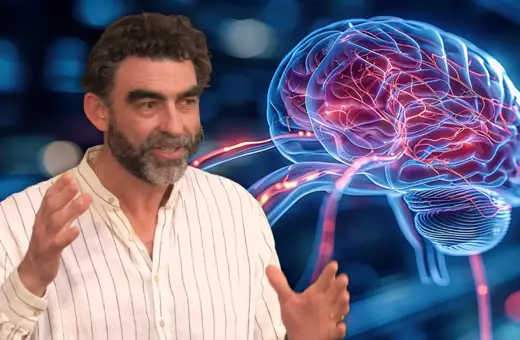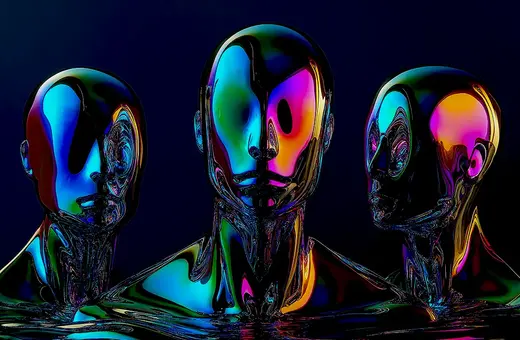Conspiracy theories seem to be worryingly on the rise. But what do we do when a so-called conspiracy theory turns out to be true? And why are we so dismissive of putative conspiracy theories and yet accepting of similarly unfounded scientism or psychologism, asks Matthew Dentith.
Conspiracy theorists have a bad reputation in academia. They have been accused of subscribing to contradictory theories, promoting beliefs which have negative social consequences, overemphasising conspiracies over coincidences, being susceptible to epistemic vices, and a whole lot more. According to many scholars of conspiracy theory (whom we might call the “conspiracy theory theorists”) conspiracy theories are mad, bad, and often dangerous.
Yet curiously enough no one doubts that conspiracies—cases where two or more people act in secret towards some end—occur. Whether you are a student of Soviet Russia (the Moscow Trials), American history (Watergate), or the Middle-East (the ‘Weapons of Mass Destruction’ justification for the invasion of Iraq in 2003), no one doubts that people in power sometimes conspire to cover-up the dubious things they are doing.
The generally negative view of conspiracy theories exists in a curious tension with the acceptance that conspiracies do happen. The academic question is how do we resolve this problem?
Herein lies a problem: what are we to make of cases where conspiracy theories turn out to be true?
The first answer is simply to say that belief in conspiracy theories is different from belief in cases of real conspiracies. That allows us to maintain the claim that conspiracy theorists are mad, bad, and dangerous; whatever they believe, it is not a proper explanation of an event which cites a conspiracy as a cause. In this view, conspiracy theories are more than theories about conspiracies. Rather, they must be the product of psychological or epistemic vice. Indeed, there is a name for this: ‘conspiracism’. People who believe conspiracy theories suffer from conspiracism, and conspiracism is not healthy.
Herein lies a problem: what are we to make of cases where conspiracy theories turn out to be true? The people who believed that the Moscow Show Trials of the 1930s were an elaborate sham orchestrated to justify a purge of Stalin’s enemies where called “conspiracy theorists”. It turned out that they were right. Journalists initially thought Woodward and Bernstein were conspiracy theorists when they presented a case for the Watergate Complex break-in being politically orchestrated. The governments of the US and the UK called people who thought the case for the invasion of Iraq in 2003 - to locate those still missing WMDs the Iraqi regime was alleged to be manufacturing - “conspiracy theorists”.
Secondly, we might say that a conspiracy theory is not a conspiracy theory when it becomes an official theory. This is nothing more than a labelling practice. The problem with this labelling practice is that people in positions of power have used the label to cover up malfeasance. Accepting that the labels “conspiracy theory” and “conspiracy theorist” are necessarily pejorative does not answer the question of how we should respond to cases where we should believe conspiracy theories.



















Join the conversation